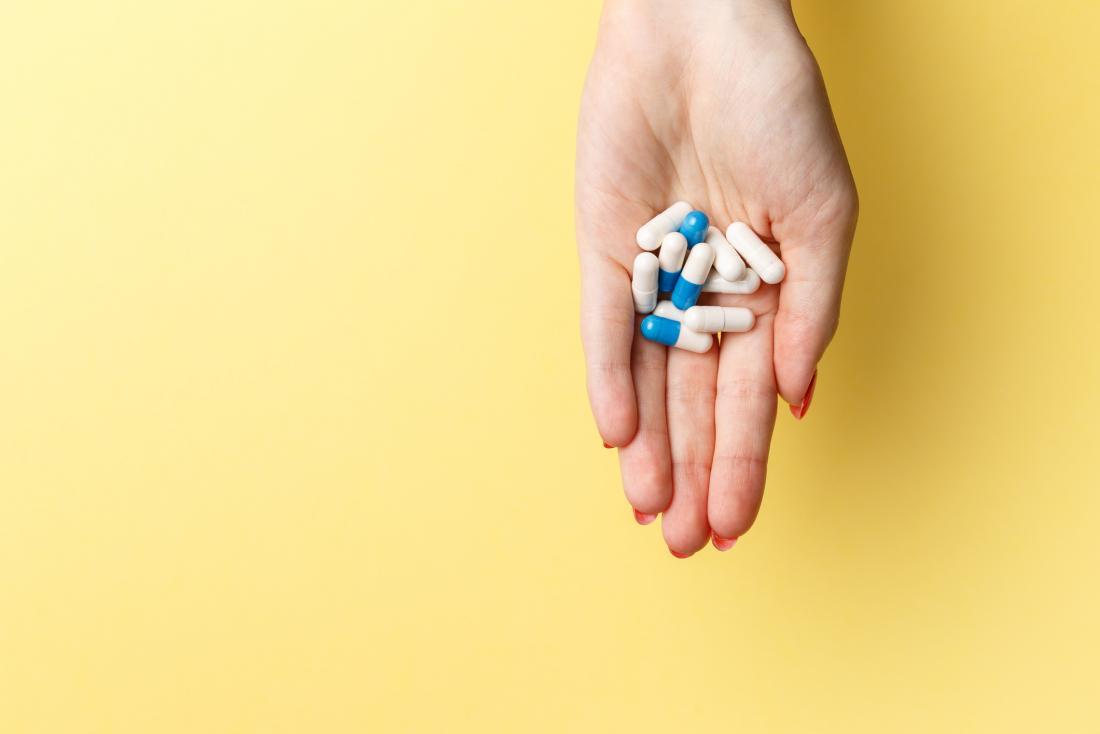
A new study warns about the dangers of a class of drugs called proton pump inhibitors.
Physicians often prescribe proton pump inhibitors (PPIs) to treat gastrointestinal conditions that involve an excess of acid production.
Nexium, Aciphex, Zegerid, Dexilant, Prevacid, Prilosec, and Protonix are only some of the brand names that PPIs have taken over the years.
More than 15 million people in the United States take prescription PPIs, according to the most recent statistics available, and even more may be taking over-the-counter PPIs.
A new study, appearing in the journal The BMJ, suggests that these drugs may increase the risk of death from various chronic health conditions.
Dr. Ziyad Al-Aly, an assistant professor of medicine at the Washington University School of Medicine in St. Louis, MO, is the senior investigator of the study.
PPIs linked with a 17% higher death risk
For the new study, Dr. Al-Aly and colleagues examined data from the medical records of the U.S. Department of Veterans Affairs.
The researchers looked at data available from mid-2002 to mid-2004, a period during which 157,625 people in the cohort received PPI prescriptions from their physicians and 56,842 people received H2 blockers, another kind of acid suppressant.
The scientists clinically followed the participants — who were predominantly male, Caucasian, and 65 years old or older — for up to a decade.
During the follow-up period, the scientists found that those who took PPIs were 17% more likely to die prematurely than those who took H2 blockers. Specifically, the death rate in the PPI group was 387 per 1,000 people, whereas in the H2 blocker group, this figure dropped to 342 per 1,000 people.
Honing in on the causes of death, the findings revealed associations with cardiovascular disease, stomach cancer, and chronic kidney disease.
Across the follow-up period, death rates for cardiovascular disease were 88 per 1,000 people in the PPI group and 73 per 1,000 people in the H2 blocker group.
Six out of 1,000 people in the PPI group died from stomach cancer, while four out of 1,000 people died from the disease in the H2 blocker group. Chronic kidney disease death rates were eight per 1,000 people in the PPI group and four out of 1,000 people in the H2 blocker group.
Also, the risk of death increased proportionally with the duration of the treatment, even when the study participants had taken low doses of the drug.
Finally, the research revealed that over half of those taking PPIs had no medical need for them. “Most alarming to me is that serious harm may be experienced by people who are on PPIs but may not need them,” comments Dr. Al-Aly. “Overuse is not devoid of harm.”
“PPIs sold over the counter should have a clearer warning about [the] potential for significant health risks, as well as a clearer warning about the need to limit the length of use, generally not to exceed 14 days,” continues the lead researcher. “People who feel the need to take over-the-counter PPIs longer than this need to see their doctors.”
“Taking PPIs over many months or years is not safe, and now we have a clearer picture of the health conditions associated with long-term PPI use,” adds Dr. Al-Aly.
“Our study suggests the need to avoid PPIs when not medically necessary. For those who have a medical need, PPI use should be limited to the lowest effective dose and shortest duration possible.”
Dr. Ziyad Al-Aly
